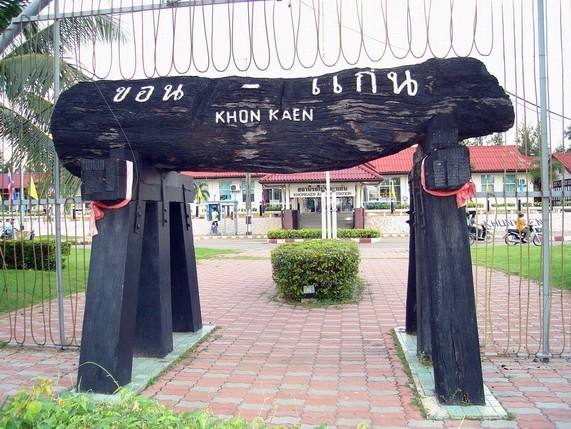
Greenpeace Southeast Asia found the air quality in 10 out of 14 provinces surveyed during the first half of this year to be poor as a result of excessive amounts of particulate matter, also known as PM2.5.
Chariya Senpong, climate and energy campaigner of Greenpeace Southeast Asia, said she conducted a study of PM2.5 in Thailand and found that major cities such as Chiang Mai, Khon Kaen and Bangkok are still among the top five provinces with the highest levels since a reading was conducted in 2014.
Greenpeace collected PM2.5 data from 19 air quality monitoring stations in 14 provinces from January to June. The stations were set up by the Department of Pollution Control.
PM2.5 particles have a diameter of less than 2.5 micrometres, 30 times smaller than a strand of hair. Lodged in the lungs, PM2.5 particles can contribute to changes in the body's cells that can lead to disease.
The results revealed Khon Kaen had the highest levels of PM 2.5 with 44 micrograms per cubic metre (µg/m³). Next came Saraburi (40 µg/m³), Chiang Mai (39 µg/m³), Bangkok (32µg/m³), Tak (30 µg/m³)Prachin Buri (28 µg/m³), Samut Sakhon, Samut Prakan and Ratchaburi (27 µg/m³) and Lampang (26 µg/m³).
According to the World Health Organisation, safe levels of PM 2.5 should not be above 10 µg/m³. Meanwhile, the Department of Pollution Control set its own safety standard at a level of less than 25 µg/m³.
''We have found that Khon Kaen and Saraburi have four times the level of PM 2.5, compared with the WHO's standards, which means the government should take strong action to fight against unhealthy air in the cities,'' she said during the press conference "Unmask Our Cities: PM 2.5 Air Pollution Levels in Thailand".
Ms Chariya urged the department to adjust its safety standard to be in line with the WHO's, saying Thailand's acceptable PM 2.5 level is too high.
Sonthi Kochawat, secretary-general of the Thai Environmental Academic Club, said PM 2.5 is a key cause of cancer. Many countries around the world are aware of the links between PM 2.5 levels and people's health, but Thailand's state agencies have yet to take it seriously enough.
Mr Sonthi said people should be made aware of the dangers of air pollution, while government agencies should make a concerted effort to find more effective ways to limit the existence of harmful micro particles in the air, including measures to limit the emittance of PM 2.5 from coal power plants, the burning of agricultural produce and transportation systems.